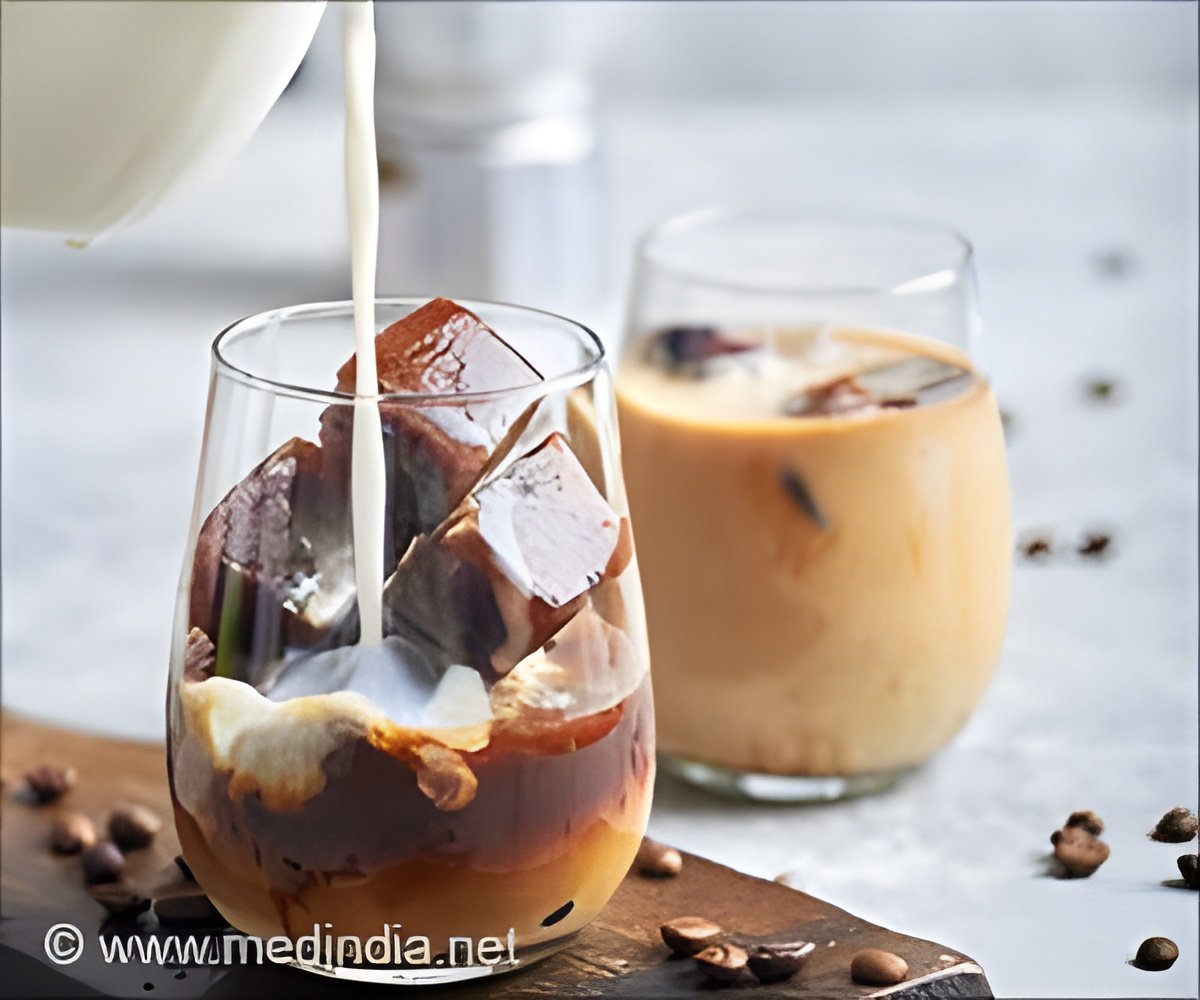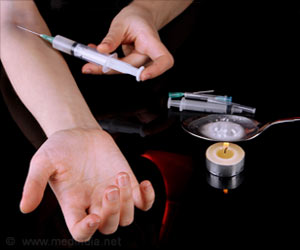Milk tea has replaced alcohol at weddings and celebrations. It’s a modern tradition, but what’s the real cost?

Milk tea, a sweet and refreshing beverage has become a staple in the lives of many young people, especially in China. Its popularity has surged in recent years, with the drink now considered a social currency, a symbol of friendship, and a comfort during stressful times.
As milk tea consumption continues to rise, concerns about its health effects have also increased. While many enjoy the beverage for its taste and the joy it brings, emerging research has linked excessive milk tea consumption to addiction, mental health issues, and physical health risks.
The research, conducted by Tsinghua University and the Central University of Finance and Economics, highlights a growing addiction to the sweet beverage, with symptoms including cravings, guilt, and an inability to quit (1✔ ✔Trusted Source
New form of addiction: An emerging hazardous addiction problem of milk tea among youths
).
Milk Tea’s Impact on Mental Health and Its Cultural Transformation
Experts are linking excessive milk tea intake to mental health issues, such as depression, anxiety, and even suicidal thoughts. This is largely attributed to the high sugar content in milk tea, which is believed to interfere with emotional regulation by affecting the hypothalamic-pituitary-adrenal axis, a key system that helps manage stress and emotions.
The drink has replaced traditional alcoholic beverages like baijiu at weddings and other ceremonies, as social media trends, including “milk tea weddings,” reflect its deep integration into modern culture.
Young people, especially, view milk tea as a form of social currency, commonly shared at gatherings or given as casual gifts among friends.
Amid these social shifts, there is an increasing awareness about the health risks associated with sugary drinks. In response, consumers are demanding “low sugar” or “sugar-free” options, pushing brands to innovate healthier alternatives.
Advertisement
In cities like Shanghai, local governments have taken steps to curb potential health issues by requiring tea shops to disclose nutritional information and provide clear labelling on sugar and fat content.
Despite these warnings, reactions to the health risks vary. Some have cut back or stopped drinking milk tea entirely due to its harmful effects, while others continue to indulge in the beverage, as it provides relaxation and joy.
Advertisement
Economically, the milk tea market remains robust. In 2023, the industry was valued at 333.4 billion yuan, with projections showing growth to 375 billion yuan by 2025. The boom in milk tea shops and creative marketing strategies reflect the drink’s immense commercial success.
As milk tea becomes an ever-present part of daily life, the challenge remains to balance its cultural appeal with growing health concerns. Experts suggest that addressing these issues will require a concerted effort from policymakers, the milk tea industry, and consumers to foster a healthier relationship with this beloved beverage.
Reference:
- New form of addiction: An emerging hazardous addiction problem of milk tea among youths – (https:pubmed.ncbi.nlm.nih.gov/37625703/)
Source-Medindia



